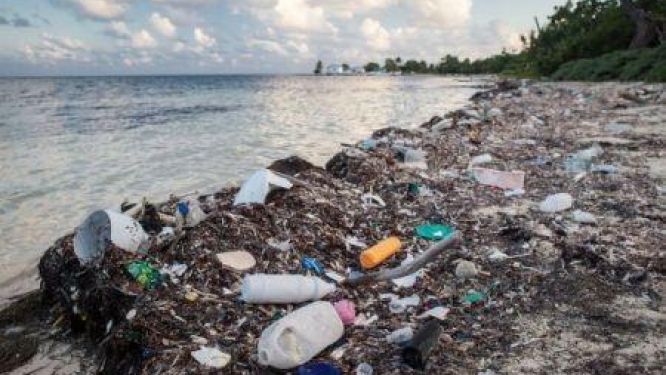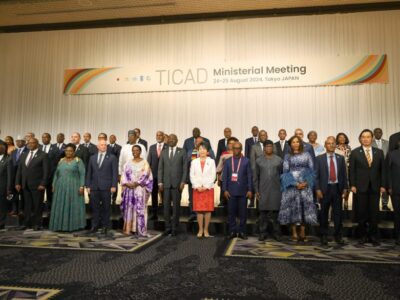
• COI’s second phase aims to raise €3 billion by 2030 for plastic waste reduction
• New focus includes packaging innovation and stronger recycling systems
• Africa remains heavily impacted despite low global plastic output
The Clean Oceans Initiative (COI) has launched a second phase targeting at least €3 billion ($3.6 billion) in funding by 2030 to intensify the global fight against marine plastic pollution. The plan was unveiled on June 9 during the United Nations oceans conference in Nice.
Led by European public development banks, this new phase shifts focus from downstream waste management to upstream interventions. It includes support for packaging innovation and expanded recycling capacity, in addition to traditional investments in solid waste, wastewater, and stormwater management.
The move comes as the United Nations warns that, without action, plastic inflows into the oceans could rise from 11 million to 37 million tons annually by 2040.
Despite producing only 5% of the world’s plastic and consuming 4%, Africa is the second largest contributor to ocean plastic pollution via waterways. The World Health Organization attributes this to widespread gaps in waste collection and treatment infrastructure across the continent.
Between 2018 and 2025, the COI’s first phase mobilized €4 billion, primarily for urban sanitation. Projects in countries such as Togo and Benin have delivered visible results. The initiative now seeks to broaden donor participation. The European Investment Bank (EIB) is already a core partner, joined recently by the Asian Development Bank. Talks are ongoing with the World Bank and the Inter-American Development Bank to expand collaboration.
The international response also includes a high seas treaty adopted in 2023, which is expected to be ratified by around 60 countries. Starting in 2026, it will allow the creation of protected marine zones in international waters, which cover nearly two-thirds of the oceans. The UN plans to introduce a new financing mechanism by 2028 to support the blue economy and address the estimated $175 billion annual ocean health funding gap.
For Africa, where systems remain ill-equipped to manage plastic waste, these global initiatives are among the few viable solutions. The continent continues to suffer from the effects of marine pollution, despite being a relatively minor contributor.











Comments